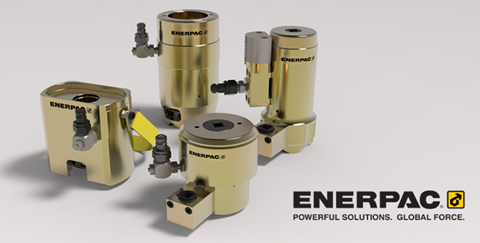How to Choose the Right Fastener and Why It's Important
Picking the wrong fastener can severely impact the quality of your product or service and perhaps even cause your product to fail prematurely or cause you to be unable to fulfill delivery of your product. So, what should you consider when choosing a fastener?
- How the fastener impacts your customer or end-user
- How the fastener impacts the quality of your product or process
- Whether or not the fastener improves your product
- The cost of the fastener
The Critical Role of Fasteners
Oil and gas companies spend millions of dollars designing a project, so dropping the ball on a small detail, such as quality flange bolting kits, hex nuts, fasteners and flange assembly kits, can come at a costly price. Your plant and project can reduce unexpected repair costs by focusing on choosing the right fastener during the start of the project. The wrong fasteners lead to:
- Joint leakage
- Shorter product life span
- Increased labor costs for repair
- Poor performance of your product or plant
While quality fasteners are of critical importance, it is equally important to use the right tool for the job, such as a high-quality industrial torque wrench. The proper installation has never been a reason why a component or flange joint failed. There are a million companies out there ready to sell to your clients. Never let the little things be a reason that your company loses market share.
How to Choose the Right Fastener
- Fastener material – Always choose a fastener that is of better quality and made from stronger material than the parts that they support. It seems like a waste of money, but doing so will save you in labor and repair costs. Match the material within hex nuts, flange bolting pieces and flange assembly parts to the project.
- Strong joint design and fastener choice – The joint should never be a point of weakness, and to achieve that, you must choose fasteners and supporting hardware that stand up to the weight and heat of the joint and the environment in which the joint sits.
- Quality fasteners – The design of your project should include the potential for replacement of fasteners in such a way as to avoid hot bolting or other dangerous joint repairs.
Fasteners Have a Wide Array of Components
To achieve total fastener integrity, look closely at the material properties, temperature minimums and maximums, the hardness of the material used and how those factors align with industry standards.
A good example is the material properties. Not all metals or alloys have the same yield strength.
Choose a fastener that matches or exceeds the yield strength of each joint. Check the chemical composition because some metals corrode faster in certain environments, for example steel fasteners versus titanium fasteners in saltwater. Yes, titanium costs more, but how often will those exposed fasteners require replacing?
Cost evaluation must also include product lifespan and repair/replacement costs.
Conclusion
Choosing the right fastener is tricky and requires a lot of thought. The team at Aztec Bolting is a great resource for fastener and tool information, and they are a willing partner when it comes to determining the fastener options for your project. Contact us for questions or customized support for your project.






